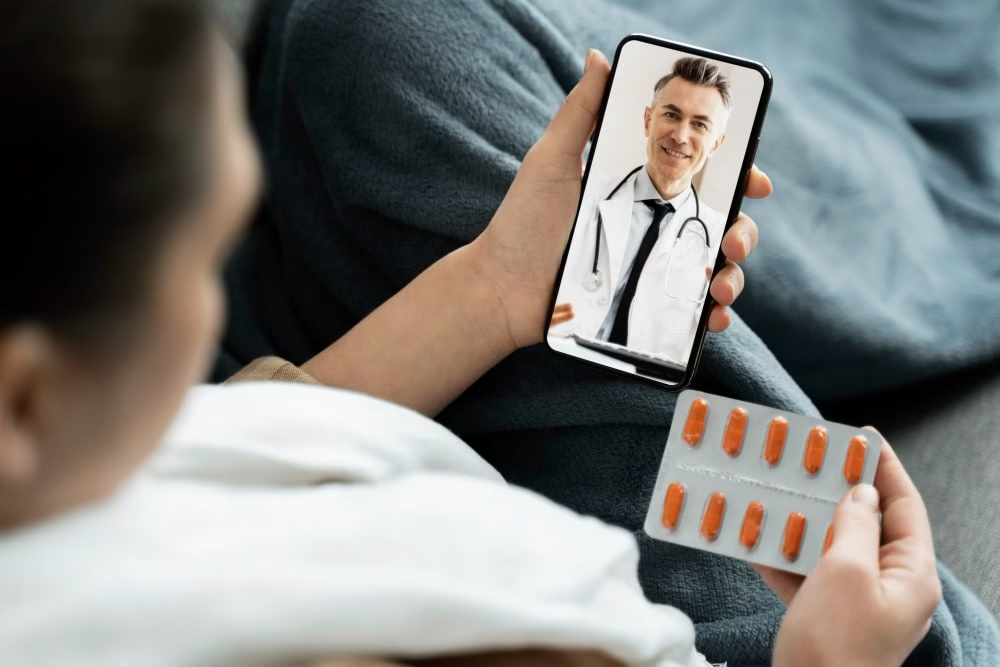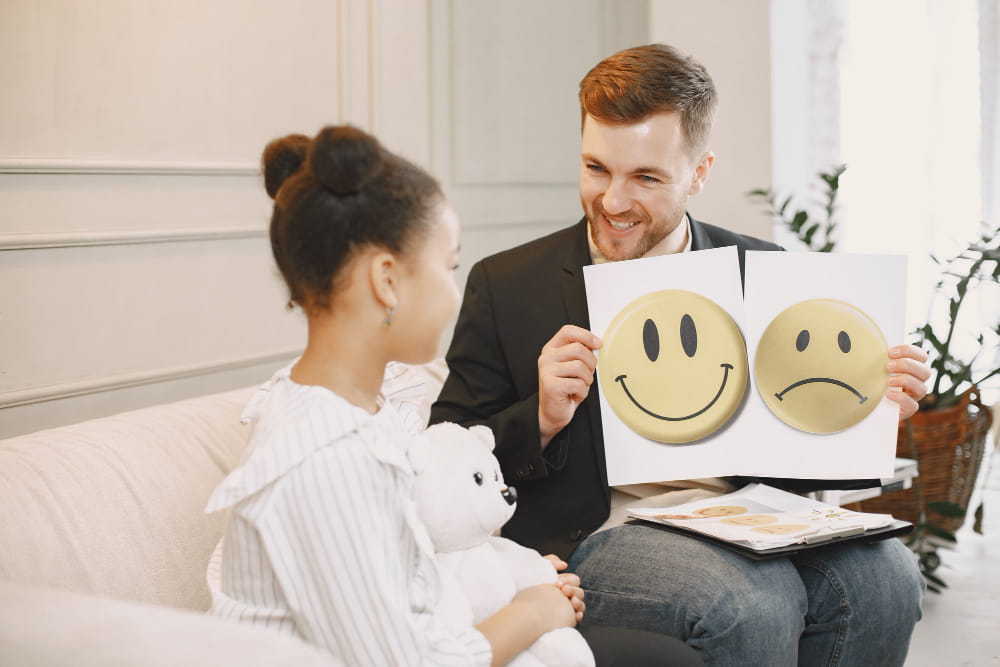For many people struggling with depression, getting out of bed can already feel like a battle. Now imagine trying to find the energy to get dressed, drive through traffic, sit in a waiting room, and pour your heart out to a stranger in a sterile office. For some, that’s a helpful structure. For others, it’s a barrier that prevents them from getting help at all. That’s where online treatment for depression is stepping in and quietly revolutionizing how people get support. From therapy sessions in pajamas to text-based check-ins on lunch breaks, the mental health landscape is shifting. And for thousands of people, it’s not just convenient — it’s life-changing.
The Digital Doorway to Healing
Depression is not one-size-fits-all, and neither should the treatment be. Online platforms are now offering a wide range of services designed to meet people exactly where they are, emotionally and physically. Whether it’s video calls with licensed therapists, interactive workbooks, guided meditations, or cognitive behavioral programs, people now have access to tools that were once locked behind office doors.
And these tools are working. Research has shown that online treatment for depression can be just as effective as traditional therapy for many individuals. What makes the difference? Accessibility. Flexibility. Privacy. When you remove the pressure of commuting, scheduling around work, or feeling seen in a waiting room, you open up space for real engagement.
Why At-Home Care Works for Many
There’s something deeply comforting about being in your own environment when you’re vulnerable. Your favorite blanket, your pet by your side, a cup of tea in hand — small details like these can lower defenses and help people feel safer opening up.
When therapy happens at home, people often feel more control over the pace and direction of their treatment. That sense of agency can be empowering for someone who feels like their mind has been hijacked by hopelessness or fatigue. Online treatment for depression gives individuals a chance to show up in the way that works best for them, not based on someone else’s schedule or structure.
Removing the Stigma, One Click at a Time
Let’s face it. There’s still stigma around mental health in many communities. Some people fear judgment from friends or family if they’re seen entering a clinic. Others worry about their employers finding out. But logging onto a therapy session from home adds a layer of privacy that makes seeking help feel less intimidating.
For younger generations, especially, texting and video chatting are already natural modes of communication. So when therapy is delivered in those same formats, it can feel more accessible, more normal, and more in tune with their daily lives.
Access for the Underserved
Perhaps the most transformative aspect of online treatment for depression is its ability to reach people in rural or underserved areas. In small towns, there may be only one therapist nearby — or none at all. Long waiting lists, lack of transportation, or financial strain can all block the path to healing.
With online treatment, a teen on a farm two hours from the nearest city can talk to a licensed professional within days. A single parent can speak to a therapist after putting their kids to bed, without hiring a babysitter. These small shifts in accessibility ripple outward, making recovery a real possibility for people who might otherwise feel completely alone.
Personalized Support That Evolves With You
The best online platforms don’t just stop at therapy sessions. They often include mood tracking, journaling prompts, educational videos, mindfulness tools, and community support forums. These features allow individuals to engage with their healing in a variety of ways, building daily habits that support long-term recovery.
This is especially important for people who may not respond well to medication or traditional weekly talk therapy alone. Depression can change over time, and online treatment for depression gives people the flexibility to adjust their care as their needs evolve.
Challenges and Realistic Expectations
Of course, online treatment is not a perfect solution for everyone. Some people need more intensive in-person support or struggle with the technology itself. Internet access and digital literacy are still real hurdles for many.
Additionally, not every online platform offers the same quality of care. It’s important to find licensed professionals and evidence-based approaches. That said, for those who are a good fit, the benefits can be significant and sustainable.
A Shift in Mental Health Culture
The rise of online treatment for depression signals a broader cultural shift. It’s a move toward meeting people where they are and offering compassionate care that adapts to modern life. It challenges the idea that you have to be “put together” enough to walk into a clinic in order to deserve help.
It reminds us that healing isn’t always loud or dramatic. Sometimes, it looks like logging in to a therapy session while still wearing yesterday’s sweatshirt. Sometimes it looks like sending a message to your therapist at 10 PM, knowing they’ll respond tomorrow. These small, quiet moments are becoming the new heartbeat of recovery.
And for many, that quiet is exactly what they’ve been searching for.




